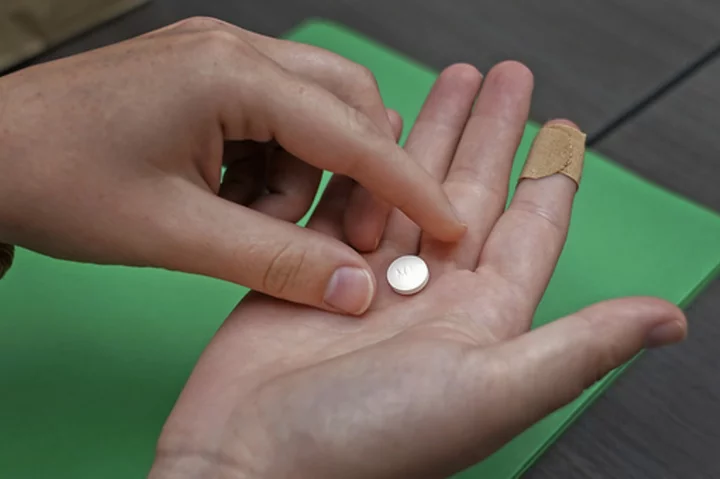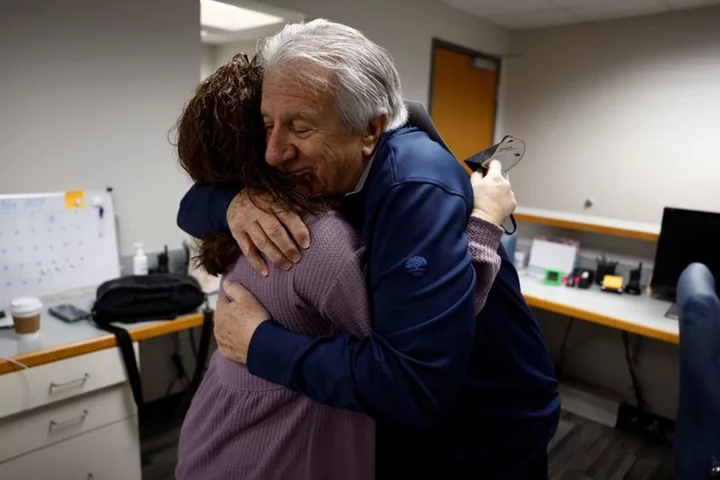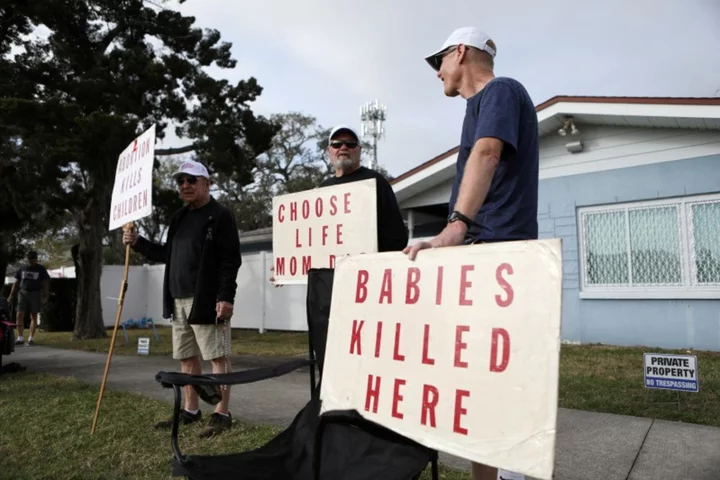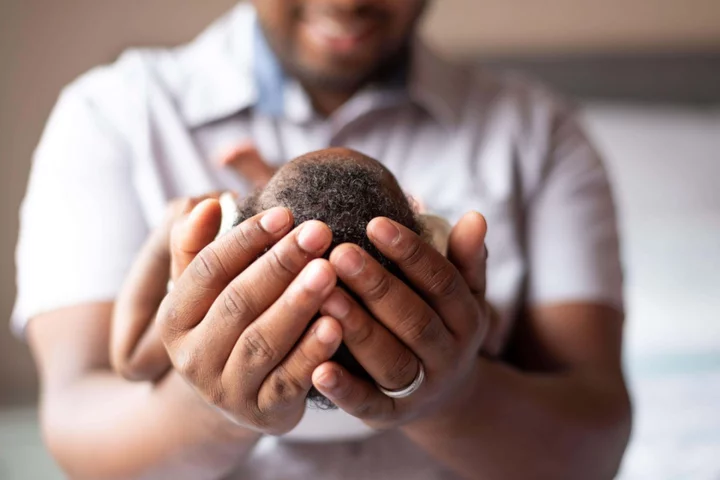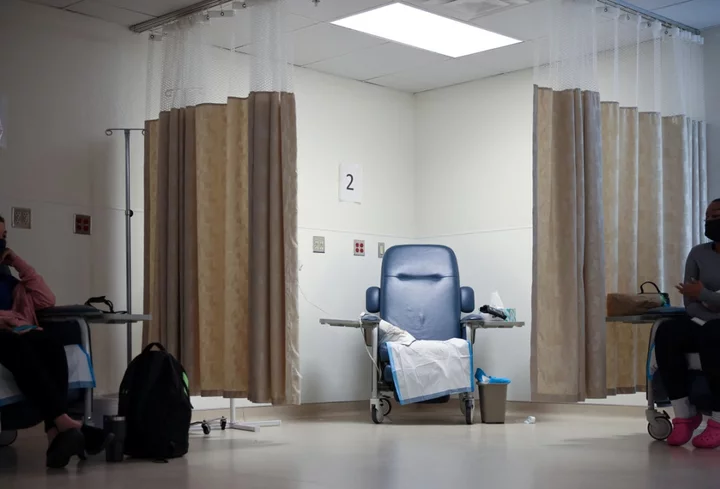Women may still be a minority among migrants crossing the Mediterranean for Europe, but their number is rising and so is their need for special attention after what are often traumatic experiences, assocations say.
"If you cross the Mediterranean, it's because you had a problem back home," said a 20-year old woman from Ivory Coast who asked not to be identified.
"That could be a rape, genital mutilation or a forced marriage, enough reason to leave your country," she told AFP.
The young woman had just returned to the Italian border city of Ventimiglia, having been stopped trying to cross into France and put on a coach back.
A few hours later, she made her way to a mobile clinic deployed by aid group Medecins sans Frontieres (Doctors without Borders), which helps treat the hundreds of stranded migrants.
Many live under bridges hoping, some day, to make it across the border to where people speak the same language as back in their native countries which include Guinea, Mali and Ivory Coast.
Others hail from Eritrea or even Pakistan.
More than 45,000 migrants have landed in Italy since the start of the year, according to the interior ministry, nearly four times as many as in the same period a year earlier.
Many then try to cross the French border between Ventimiglia and Menton, in France's southeast, sometimes hoping to travel on to other countries. But the French authorities are sending more and more back.
Many of the women waiting here have young children with them. Some are pregnant, but may not know it yet.
- 'Never got proper care' -
"We noticed that there were shortcomings in the way we look after the women," said Marina Castellano, a 60-year-old nurse at the MSF clinic which has a team of eight, including a doctor and inter-cultural mediators.
Language and cultural barriers often complicate their job, calling for new approaches.
Alessia Alberani, a 26-year-old Italian midwife, knitted dolls with visible genitals to help with sensitive conversations about health issues concerning the vagina, the uterus or breasts.
She also got a stethoscope, to be able to hear the heartbeat of foetuses as more and more women turn up pregnant.
Astou, a 20-year-old from Kindia, Guinea, and waiting her turn at the MSF next to dozens of others looking for food and clothes, just found out she was pregnant.
Seeking help after vomiting, she was told that she was eight weeks pregnant and that her illness was in fact morning sickness.
"I was shocked," she told AFP. "On the one hand, it's happy news, but it's also bad news because I have had a fiance back home for five months, and the child is not his."
She said she "doesn't want to take a life", but that she was not certain to go through with the pregnancy.
"Women who came through Tunisia or Algeria have often been targets of sexual assault or assault on their health," said MSF official Cecilia Momi.
"Some never got proper care when giving birth in hospitals, and there are many problems with genital infections," she told AFP.
MSF's work in Ventimiglia is similar to what the organisation is doing in the northern French city of Calais where hundreds of migrants are trying to leave France for Britain, said Sergio di Dato, the 44-year-old coordinator of MSF's "People on the Move" project.
But in Ventimiglia it was the French authorities sending migrants back while "up there it's the English".
Di Dato called on the French government to step up care for arriving migrants.
"It really should be up to the authorites to take care of these people, but they are failing to meet their obligations," he said.
vxm/jh/tgb/bp


